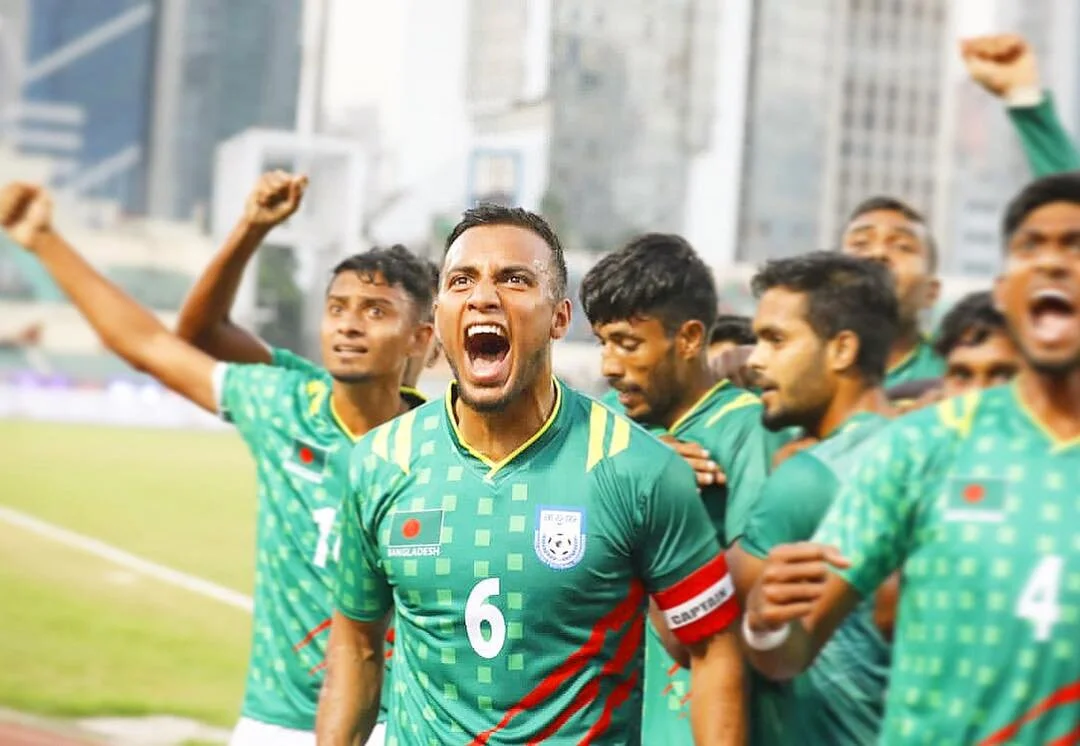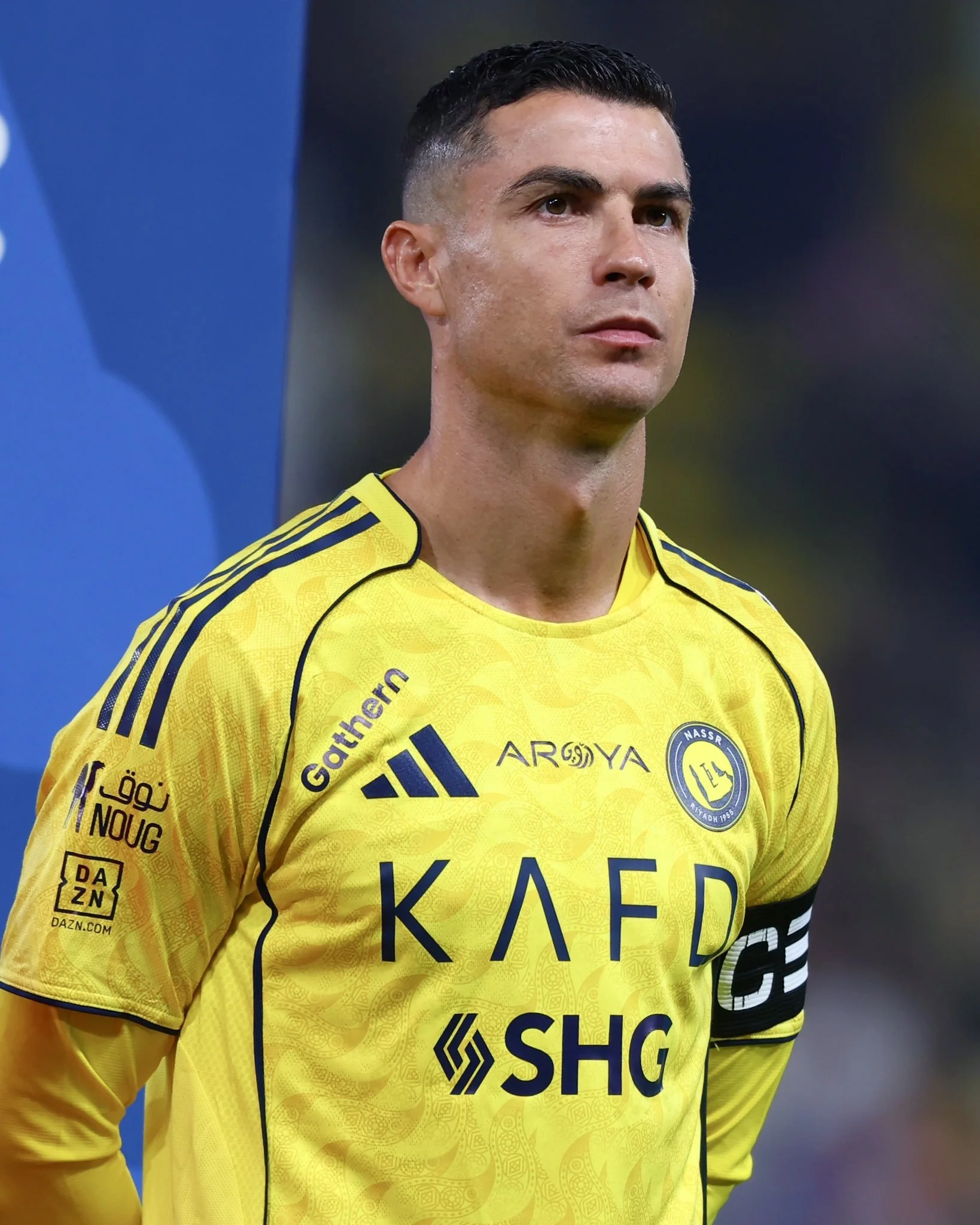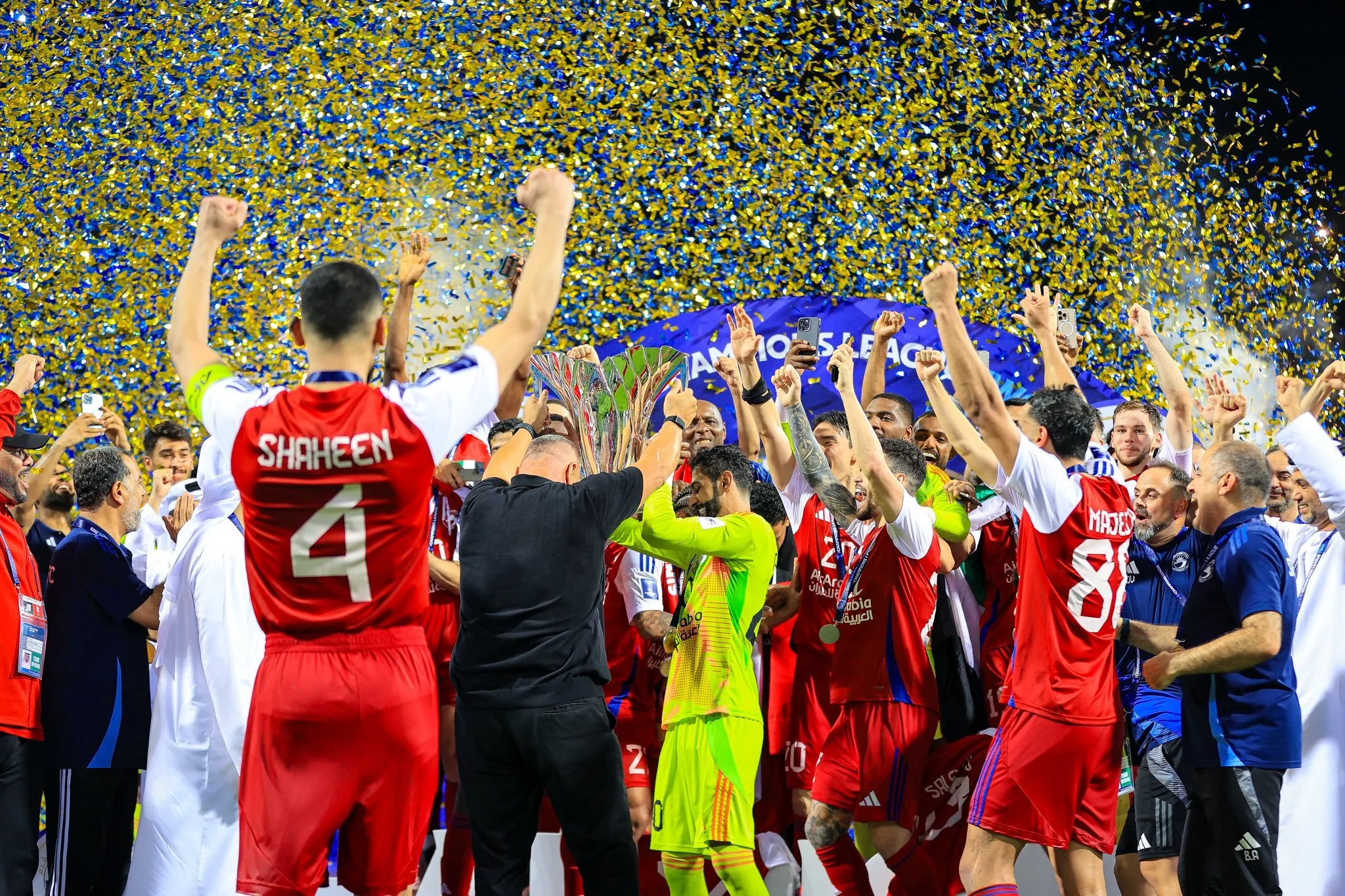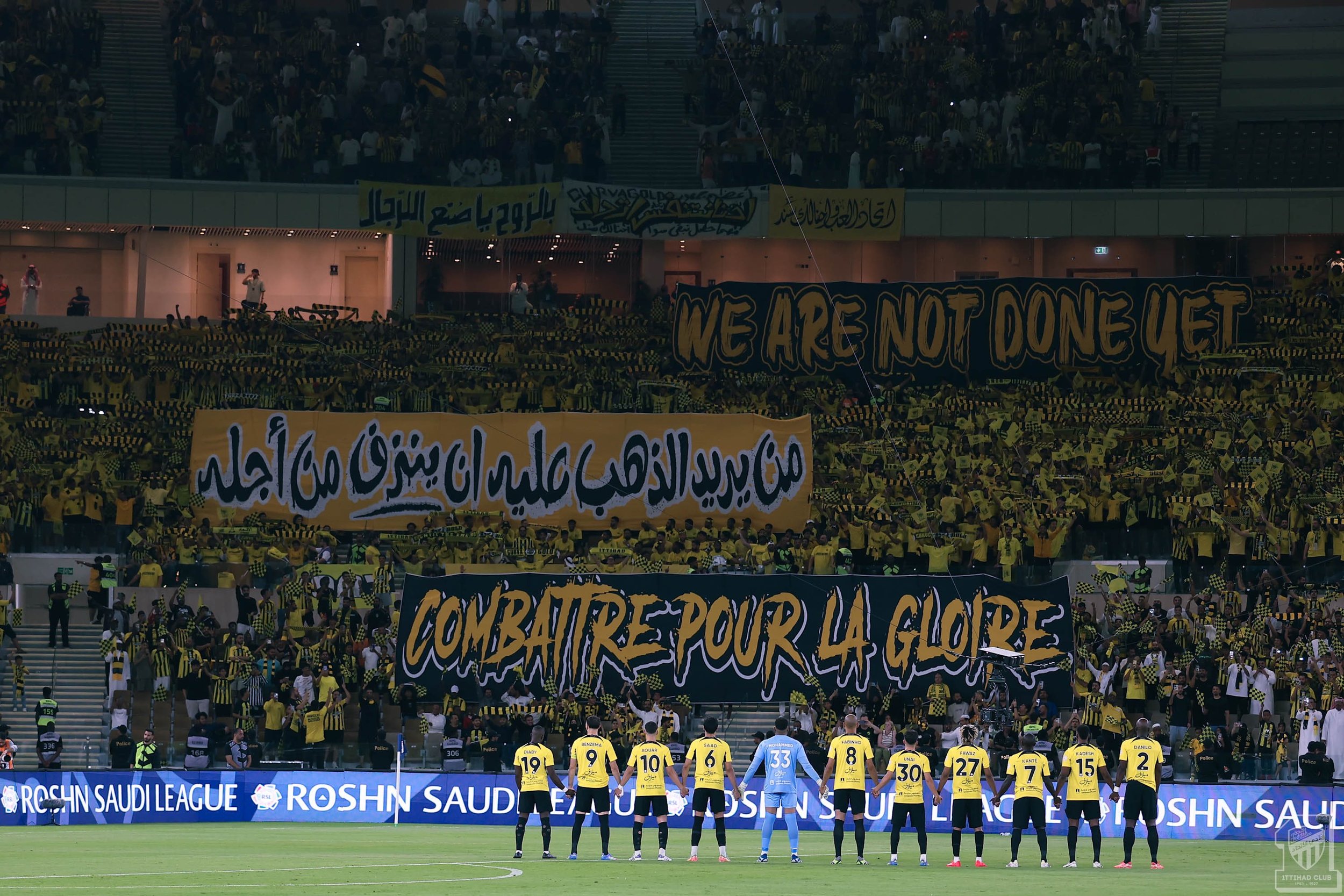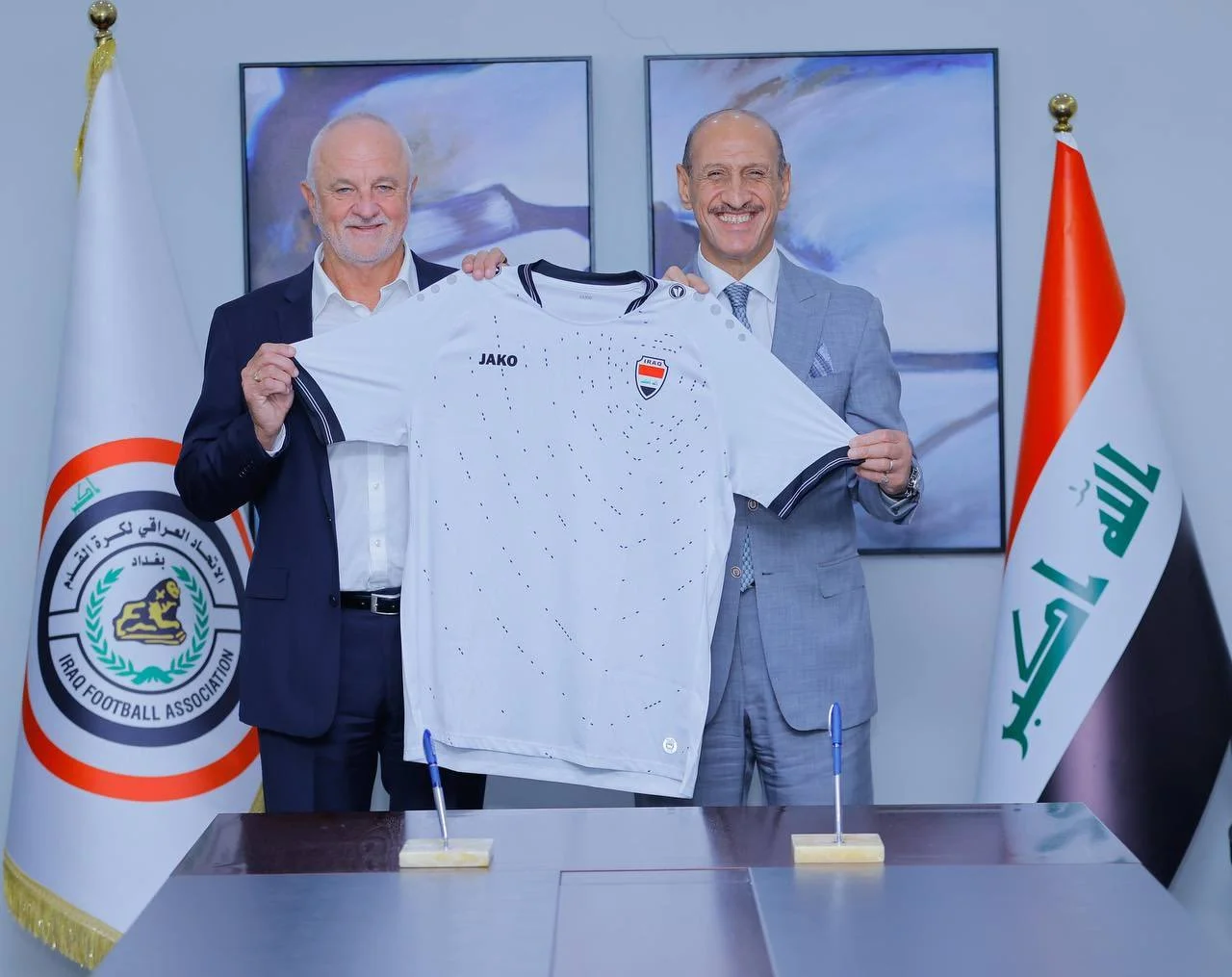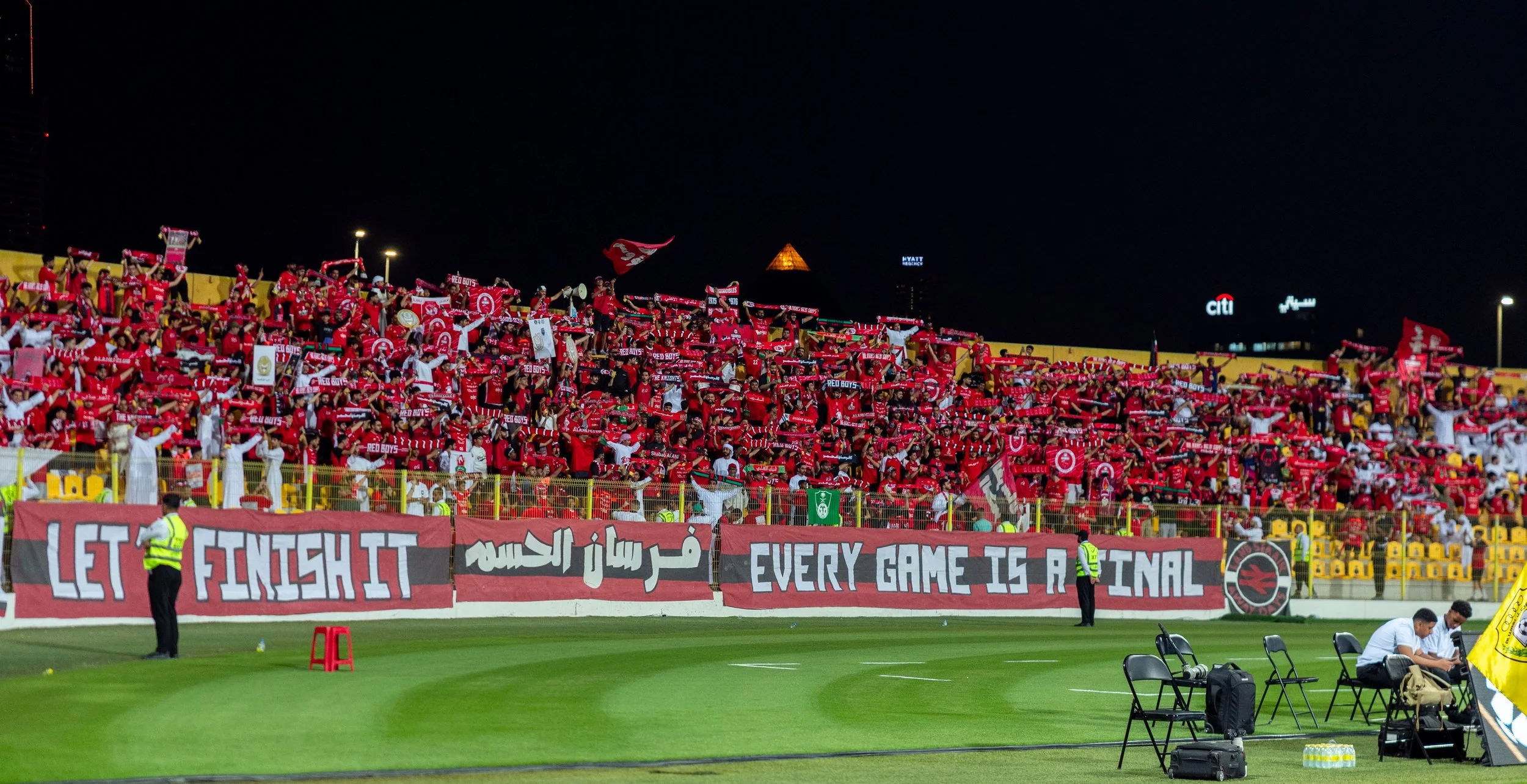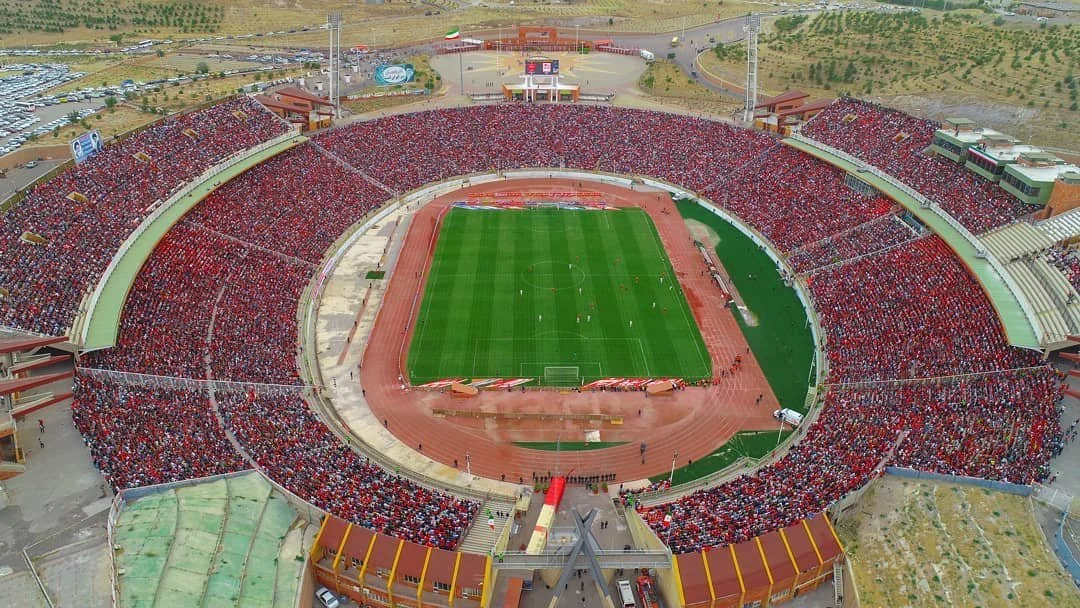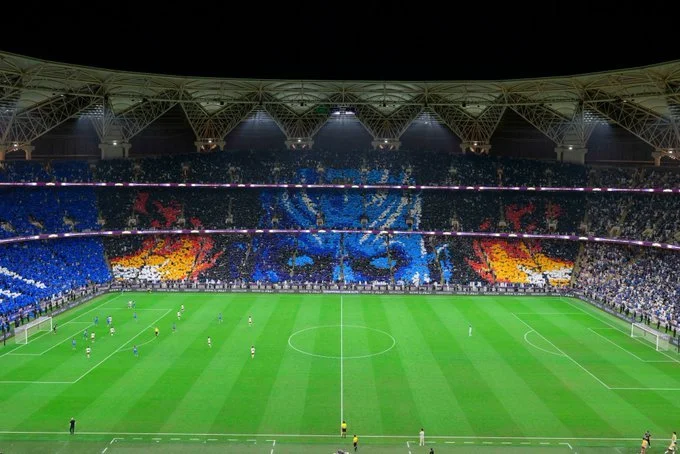In August 2013, Jamal Bhuyan made his senior national team debut against hosts Nepal in the South Asian Football Federation (SAFF) Championship at the Dasharath Rangasala Stadium in Kathmandu.
In doing so, Bhuyan created history as he became the first-ever non-resident player to feature for the Bangladesh national football team. Over the years, he has gone on to captain his country, amassing close to 50 international caps. However, the journey has been far from straightforward.
A story of resurrection, belief and determination. Jamal Bhuyan (Photo: Jamal Bhuyan official Facebook page)
Bangla blood; Danish roots
Jamal Bhuyan was born in the Danish town of Glostrup, in the western suburbs of Copenhagen. His parents had migrated to Denmark from Bangladesh in the sixties. Bhuyan grew up playing football with his childhood friend Daniel Wass, the Danish international who now plies his trade for Valencia. The pair lived in the same neighbourhood and went to the same school together.
Jamal Bhuyan at F.C. Copenhagen. (Photo: Denmark in Bangladesh)
It didn’t take Bhuyan long to show his talents on the pitch. At 15, Bhuyan was already starting to grab eyeballs for the youth team of Danish giants Brondby. However, it was in a match against fierce rivals FC Copenhagen which proved to be an essential milestone in his career. The youngster scored a stunning goal, after which the Copenhagen coach met him and offered him a chance to join the biggest club in Danish football. Bhuyan gleefully accepted the offer.
“I moved to FC Copenhagen when I was 15, and in the second practice, one of the coaches came to me, and he said, ‘Jamal, you have good technique, but you have to work on your physical part, or they will all beat you.’ But then he said that if I use my intelligence, I’ll be alright because football isn’t just physical.
The club was very nice to me. They had great resources; they were playing the UEFA Champions League,” said Bhuyan in an interview with News Click.
That fateful night
By the time Bhuyan turned 16, his progress was pretty impressive. FC Copenhagen was on the verge of promoting him to the senior team. But just then, tragedy struck.
One evening, Bhuyan was returning home from school when he got stuck in the middle of a gang fire. He was perplexed and didn’t know what to do. He found himself lying in the hospital bed after being in a coma for two days. Bhuyan was shot four times, with one of them just two centimetres below his heart.
Speaking about the incident to Indian Express, Bhuyan said, “A few people around me, they died. But, you know, I survived. Because of the injury, I did not have any feeling in my right hand. So the doctors wanted to take some nerves from my foot and put it up in my arm.” But he resisted. “I told them, ‘I need my legs.’”
Eventually, he had to undergo 11 to 12 surgeries. The doctors were adamant that he would never play football again, but it was not in Bhuyan’s blood to give up. After his recovery, he set out on his mission to prove them wrong.
“I think a lot about that incident, and when I think a lot about those things, I get crazy. I cannot change the past. But, you know, I can change the future.”
Shot four times, but survived. Jamal Bhuyan (Photo: PR)
Call of the roots
Aged 18, Bhuyan’s development was good enough, and one day he got a mail from the Bangladesh Football Federation. They wanted him to decide on his national team future. He went to Bangladesh in 2008. However, being away from his family, coupled with an inability to adjust to the food, culture and atmosphere, took its toll on him. Unable to settle in his new surroundings, he returned to Denmark.
Once again, Bhuyan refused to give up. In 2012, he signed for Bangladesh Premier League club Abahani Limited Dhaka. After a two-year stint, during which he also made his national team debut, he returned to Denmark for a brief period.
2015 saw Bhuyan return to Bangladesh with a renewed vigour and determination. He finally started to live up to his club career reputation when he fired Sheikh Jamal Dhanmondi to their third league title.
His signing with Bangladesh clubs changed his career path and made him a national hero for Bangladesh. (Photo: Bangladesh Football Federation)
Endearing himself to the nation
The 2018 Asian Games in Indonesia is where Jamal Bhuyan would write his legacy in the national team colours. Bangladesh was paired in a tough Group B, alongside Qatar, Uzbekistan and Thailand. The first match saw Bangladesh comprehensively beaten by Uzbekistan. In the next game, the Tigers earned a gritty draw against Thailand.
The last group stage match was against Qatar. After managing to hold their fort and frustrate their more illustrious opponents, it was Jamal Bhuyan who struck the decisive blow. In the 93rd minute of the contest, Bhuyan picked up the ball near the edge of the box and unleashed a fierce low drive to find the back of the net.
That goal sent Bangladesh to the knockout stages for the first time. Despite falling to North Korea in the Round of 16, Bhuyan had earned praise from everyone back home, and he soon became the toast of the nation.
Trading one side of Bangla for another
Bangladesh, led by Jamal Bhuyan, travelled to Kolkata for the joint FIFA World Cup-AFC Asian Cup qualifier against India in 2019.
“It’s always special to play against India because India is like an elder brother to Bangladesh”, said Bhuyan in an interview to the All India Football Federation (AIFF) official website. “In the stadium, the galleries were already full by the time we had come in for our pre-game warm-ups. That’s when we felt that this is going to be a really good game. The crowd was amazing.”
The midfielder played a crucial role, marking the talismanic Sunil Chhetri and providing the assist via a free-kick for his team’s goal. The match ultimately ended in a 1-1 draw. Still, it was that night in Kolkata where Bhuyan witnessed the passion among people in ‘The City of Joy’ and experienced the cauldron-like atmosphere in the Vivekananda Yuva Bharati Krirangan.
“Some of the fans recognised me when we were going around the city after the game. They came to me and told me about how well I had played. I was quite taken aback,” he added.
“I had initially felt that they would maybe throw taunts at me because I was on the opposing side. But they showed a lot of respect, and as a player, you really appreciate that.”
In November 2020, Jamal Bhuyan was back in India, having penned a deal for Hero I-League outfit Mohammedan SC.
The historic club returned to the I-League after a six-year hiatus. The Black Panthers, who recently celebrated their 130th foundation day, are among Asia's oldest clubs.
“I researched about Mohammedan SC and realised the stature and the legacy of the club. I came to know about their rich history,” he stated in an interview with the Hero I-League official website. “I spoke with our National Team assistant coach Stuart Watkiss, and he informed me about the stature of the club and their reputation in India. Then, I made my decision.”
The opportunity to play for such a historic club was too good to turn down. Knowing the local language has undoubtedly helped him feel at ease in his new adventure. Bhuyan played an instrumental role in the team, helping them to a top-half finish on their I-League return. He finished the season providing two assists in his last match against Churchill Brothers.
Jamal Bhuyan has certainly come a long way. His story is not one of a typical sub-continental footballer. Instead, it is one of overcoming those dark days in Copenhagen and making a name for himself in the rugged paths of South Asian football.

